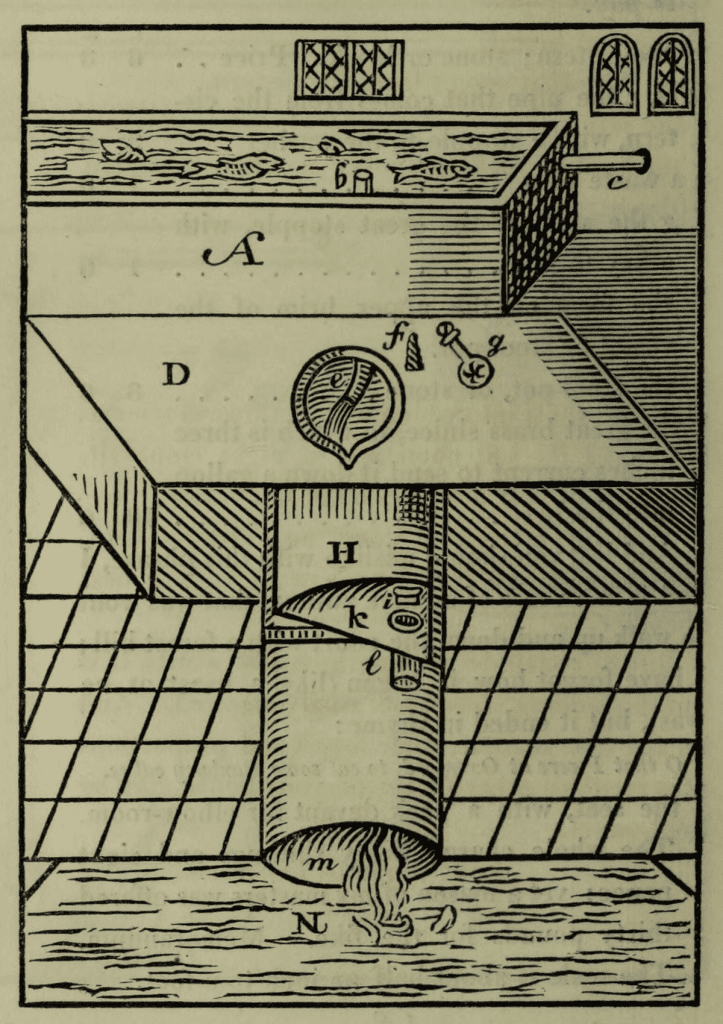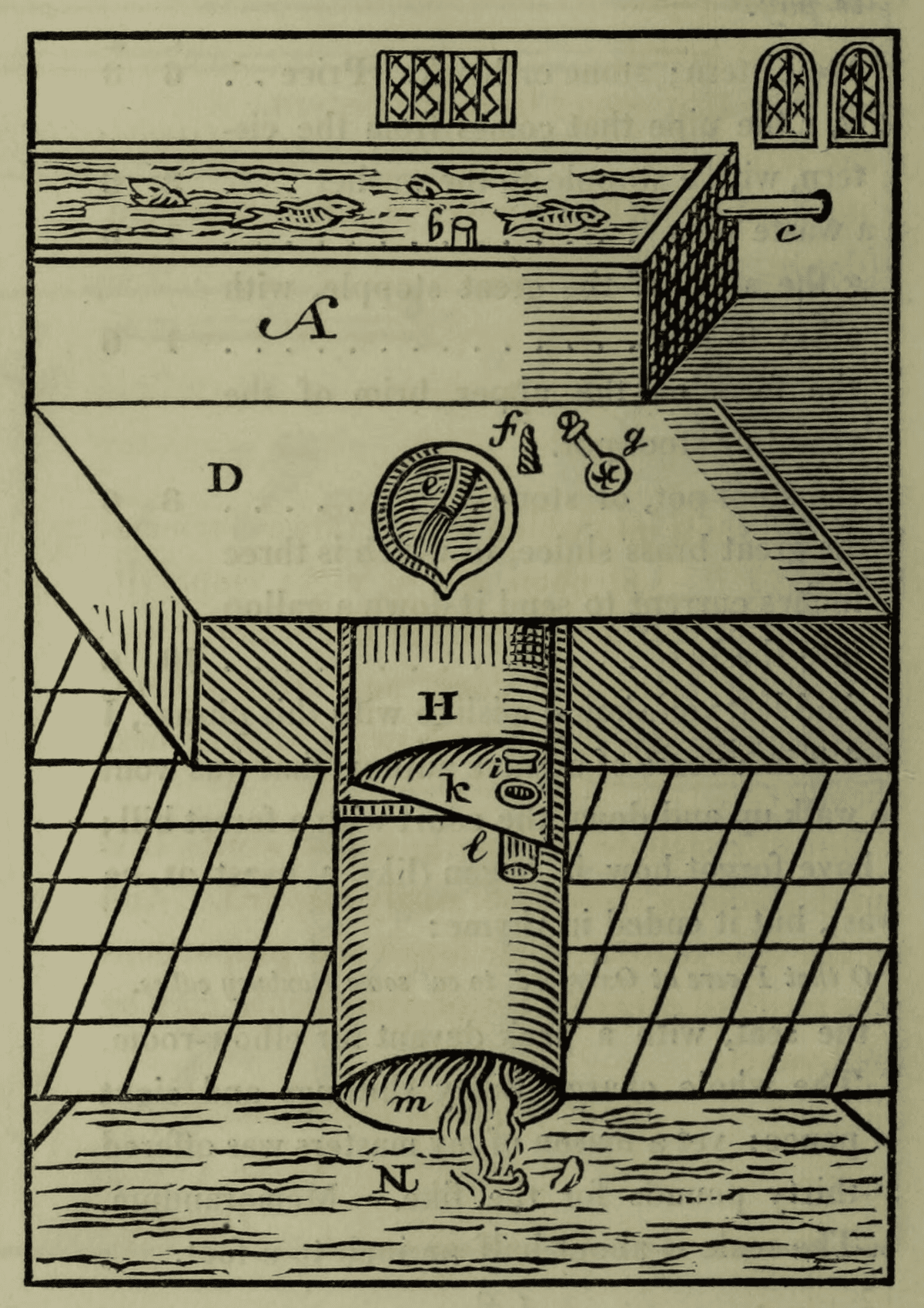I started working as a research assistant in Early Modern Graphic Literacies in November 2021. Almost four months have gone by since then – surprisingly fast – so it is high time for me to introduce myself.
I am currently finishing my master’s degree in Finnish Language at the University of Turku. The Department of Finnish and Finno-Ugric Languages in Turku has a long tradition of historical linguistics, so I got acquainted with the early forms and development of literary Finnish already during my bachelor’s studies. I ended up writing my BA thesis on the language of Mikael Agricola, often called “the father of literary Finnish”, using data from the Morpho-Syntactic Database of Mikael Agricola’s Works created at our department.
Last summer, I did an internship at the Institute for the Languages of Finland, working on the digitisation of the Postilla of Ericus Erici Sorolainen, a book of sermons published in the 1620s. The digitisation project is based on AI-powered text recognition and it is part of the work of the Dictionary of Old Literary Finnish and its related corpus, the Corpus of Old Literary Finnish. You can read more about the project in a blog post (in Finnish only) I wrote at the end of my internship and find a short English introduction to Old Literary Finnish at the Institute’s website.
With a background in Finnish instead of English studies, it has been fascinating, at times challenging, but ultimately very rewarding to jump into a project in a neighbouring field. My previous experience being mostly language-focused, working in the EModGraL project has also drawn my attention more to the material aspects of books. It has been a delight to see the range of genres in the project data as well – Finnish texts published before the 19th century tend to be either religious works or legal translations.
One of my favourite aspects of working with early modern texts is the perspective you gain into the historical and cultural context of the time period along the way. So far, I have completed classifying the data from the year 1596. The ongoing Long Reformation in England can be seen in anti-Catholic works, e.g. in the ex-Catholic priest Thomas Bell’s The suruey of popery, in which poperie is turned vp-side downe. The European exploration and colonisation of the Americas is evident in books such as Sir Walter Raleigh’s famous The discouerie of the large, rich and bevvtiful empire of Guiana, an account of his El Dorado expedition in 1595.

Perhaps the most interesting work in the 1596 data is Sir John Harington’s A nevv discourse of a stale subiect, called the metamorphosis of Aiax. In this work, Harington describes his brand-new invention, the flush toilet. It is a bit of a wild ride, with plenty of biblical and classical references, and it caused quite a stir after its publication due to its coded political messages. The book can be conveniently found and read on the Ex-Classics website for anyone willing to take a look.
I’m now working on data from year 1696. In a hundred years, the number of works in the data has exploded: from about 250 (excluding duplicates and reprints) in year 1596 to over 1400 in year 1696. I look forward to seeing what surprises the project data still holds!
Otso Norblad
